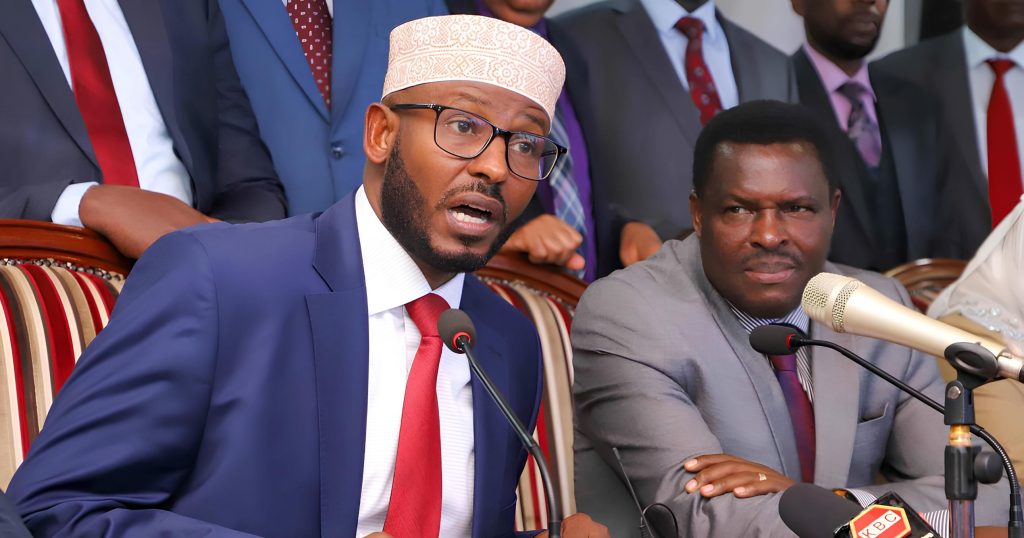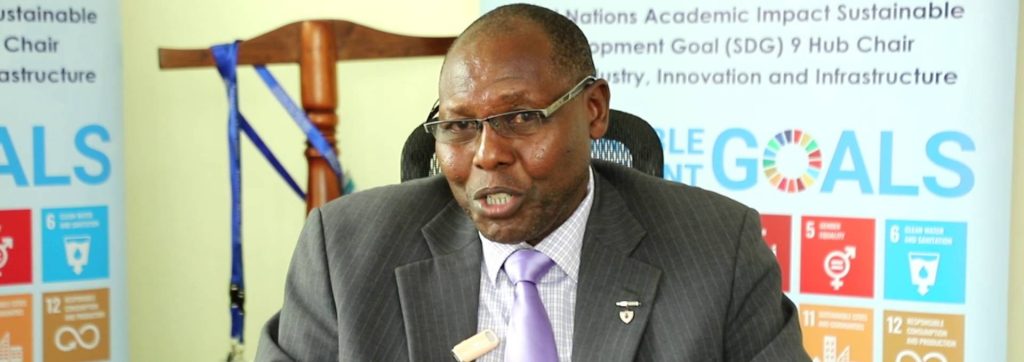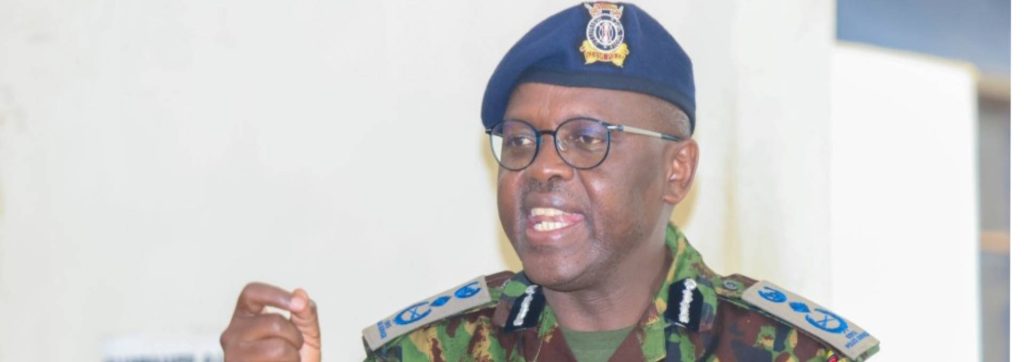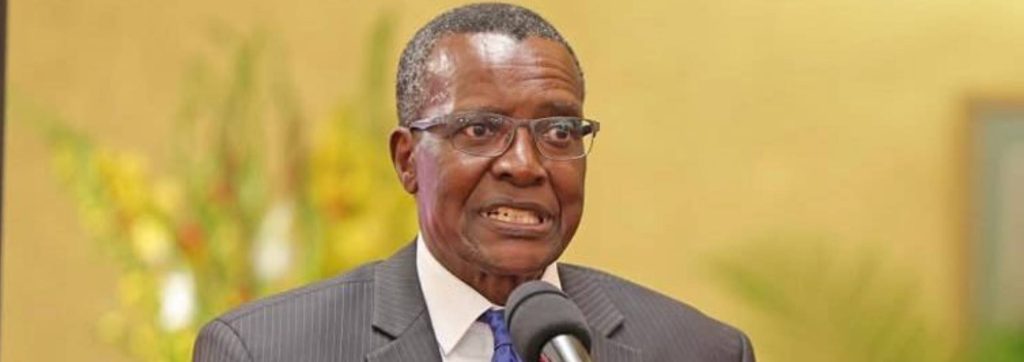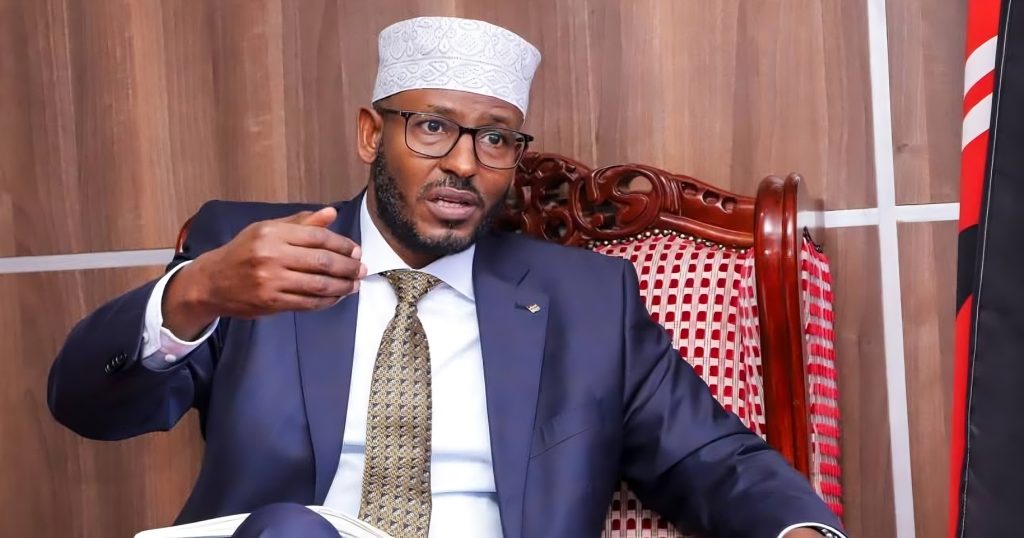Chairperson of the Council of Governors(COG) Ahmed Abdullahi has lamented on the Ksh. 536 billion which was proposed as equitable revenue for counties by the council of governors, leaving only Ksh 405 billion allocation as presented by CS John Mbadi.
At a press briefing in Wajir County, June 15th 2025, he continued to argue that the county government’s input is meaningless if the national government unilaterally decides county allocations. Despite the unbundling, costing and transfer of at least 200 functions to county governments, estimated at Ksh 150 billion, these responsibilities are not adequately factored into the revenue sharing formula according to the Governor.
During this year’s deliberations, the Council of Governors (CoG) had proposed an allocation of KSh465 billion. The Commission on Revenue Allocation (CRA) recommended KSh 417 billion, while the National Treasury proposed KSh405 billion.
“At the IBEC meeting, we deliberated and revised the figure capped at Ksh 536 billion, but the National Treasury’s earlier proposal of KSh 405 billion has been retained. It’s disappointing,” Abdullahi said.
According to the proposed Division of Revenue Bill 2025, county governments are set to receive KSh405.1 billion as their equitable share of nationally raised revenue for the 2025/26 financial year. This represents a modest increase of KSh17.6 billion from the KSh 387.4 billion allocated in the 2024/25 financial year.
In the previous cycle, the Division of Revenue (Amendment) Act, 2024 allocated KSh 387.4 billion to counties following a mediation process between the National Assembly and the Senate.
Over the past five years, the equitable share has steadily risen—from KSh 316.5 billion in 2020/21 to KSh 370 billion in both 2021/22 and 2022/23.
However, governors argue that the increases fall far short of what is needed to fully support devolved functions, many of which have already been unbundled, cost, and transferred to counties—estimated to be worth at least KSh 150 billion.
Speaking on behalf of his colleagues, Abdullahi dismissed the ongoing mediation process between the National Assembly and the Senate over the Division of Revenue Bill, 2025, as mere tokenism, accusing the national government of sidelining their input and treating the process as a box-ticking exercise with predetermined outcomes.
The Division of Revenue Bill (DORA), also known as the Division of Revenue Act (DORA), is a key piece of legislation that, upon enactment, provides for the equitable division of revenue raised nationally between the national and county governments in every financial year.
Frustrated county chiefs allege that their participation in the Division of Revenue Bill negotiations is only to “tick the box,” arguing that the discussions have become static and largely academic, with little regard for the realities of devolution
The governors also criticized the Senate for what they termed as “lukewarm support” for counties, accusing the House of failing in its constitutional mandate to protect and defend the interests of county governments.
“The Senate has not stamped its authority in the DORA negotiations. We appear before the Finance and Budget Committee, but when things go wrong, they shift the blame to governors—yet we don’t have a seat at the table during mediation,” Abdullahi lamented.
He urged senators to take a firm stand during the mediation process and insist on the KSh 536 billion proposal advanced by the CoG not the Senate proposal of Ksh 465 billion
“Senators must reject any increment that falls below what was cost during the unbundling of devolved functions. Settling for less than KSh150 billion worth of transferred responsibilities is unacceptable,” he added.



